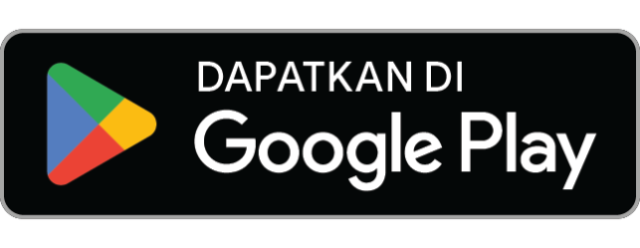Learning Management System (LMS) is a web-based system to manage, organize, and provide online learning materials and content. In its development, LMS has become an indispensable platform in the online learning process. Its users are not only educational institutions but also companies in general to organize employee skills training or learning and development (L & D).
Today many LMS providers offer a variety of features and advantages. Considering the features before buying an LMS is very important because it will affect the quality and effectiveness of online learning. By considering the LMS features, an institution will get a clearer picture of what can be expected from the LMS and whether the LMS is suitable for online learning needs. Thus, institutions or companies can choose and determine LMS providers that provide the necessary features as needed.
Here are the top 12 prominent features of an LMS.
Content-Types
Various types of content in LMS can support the creation of fun learning. A good LMS can support various types of content that are not only videos and text but also embedded content, LTI, SCORM content, H5P, and so on.
Assessment Type
In a learning process, assessment is a prominent element in measuring learners’ progress and achievement. Variations of the assessment types are also needed to facilitate various learning styles and increase learners’ motivation. In general, LMS only supports assessment types like multiple choices. However, an LMS with qualified technology can also present various assessment types like checkboxes, short text answers, numeric, drag and drop, clickable images, file submissions, matching, true or false, and even gamification.
Certificate
The certificate feature in an LMS is needed to provide awards and official recognition for the learners’ achievement in completing learning. Certificates can also encourage learners to complete courses or training to qualify for the skills. In addition, the certificate feature must exist in the LMS to enhance the reputation of an institution or company.
Scalability
Scalability of an LMS means the ability of the LMS to handle a continuously
increasing number of users without reducing performance. Thus, even though the number of users is increasing, both the number of trainers or instructors or students or training, LMS can still work stably and provide a pleasant learning experience.
Analytics
Another top feature of an LMS is analytics. This feature includes the platform’s ability to track learners’ progress. Thus, institutions or companies can monitor learners’ achievements in detail.
Authoring Tools
The LMS you choose has intuitive authoring tools to help course makers to create courses easily.
Content Library
This feature enables the reuse of learning content for more than one-course theme or learning material.
User Management
Make sure you choose an LMS that has user management features. The existence of this feature will facilitate the process of self-registration or invitation-only, mandatory support, and optional fields when users will register.
Reporting
Another feature is reporting. It functions to monitor course enrollment reports and course performance reports.
Accessibility
The LMS must have accessibility features so that it can be accessed using a browser or mobile app anywhere and anytime. It will also increase motivation to study, especially for the millennial generation.
Course Access Purchases
This feature allows educational institutions or course institutions to charge fees for learners who want to buy courses online.
Gamification
The availability of gamification features will support a competitive atmosphere among students in a fun way and award badges based on their performance.
The LMS that supports all of the features above is Katalis.App, a cloud-based LMS. Katalis.App runs on Open edX by the world’s prestigious university, Massachusetts Institute of Technology (MIT) and Harvard University. Open edX has also been used by other prestigious universities and international-scale companies such as Microsoft LaaS, Google, Johnson & Johnson, and McKinsey. Contact us here for more information about the Katalis.App LMS.

0 Comments
Leave A Comment